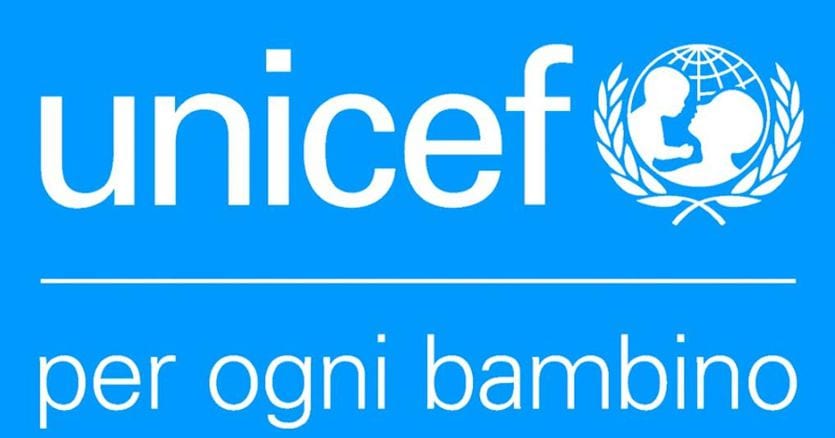Listening to and putting children at the center: this is the goal of the FIGC and Unicef who presented the publication “Children Before Players” in the Rome headquarters of the Football Federation: a practical guide on promoting children’s rights in sport, especially in football. «It is a guide that indicates a series of steps and protocols that all those responsible, the trainers should follow – declared the president of the FIGC, Gabriele Gravina -, because the protection of minors, which we take for granted, is not. Raising the bar towards the attention of such delicate issues is a duty on everyone’s part. We are experiencing a social claim of a series of principles linked to rights, but we hear little about sport. For adults and especially children, it is sacrosanct, it is a moment of formation. A society that does not play sports is a weaker and poorer community on a human level “.
The publication
The “Children before players” publication consists of a document kit and a series of checklists and suggestions to regulate the rules, responsibilities and methods of managing minors entrusted to clubs with the aim of helping to create an environment sports aimed at the well-being of footballers and underage players. «This guide emphasizes fundamental issues – explained the president of Unicef Italy, Carmela Pace -. Listening is essential, we know that kids want to be heard. In the family, at school and in sport we have to do it, to better follow their paths and make them fulfilled men. Efforts must be devoted to training at all levels ».
«The publication is not just a statement of principles, but there are checklists to understand if we are really on the side of the children – the words of the general director of Unicef Italy, Paolo Rozera -. Some think that adults should write a policy on children, without listening to them, but in our opinion this is not possible. If sport is able to put the child at the center, it is possible to immediately understand if the child manifests a mental or other type of discomfort. Here then is that sport may be able to solve the problem thanks also to the network created around the child ».
